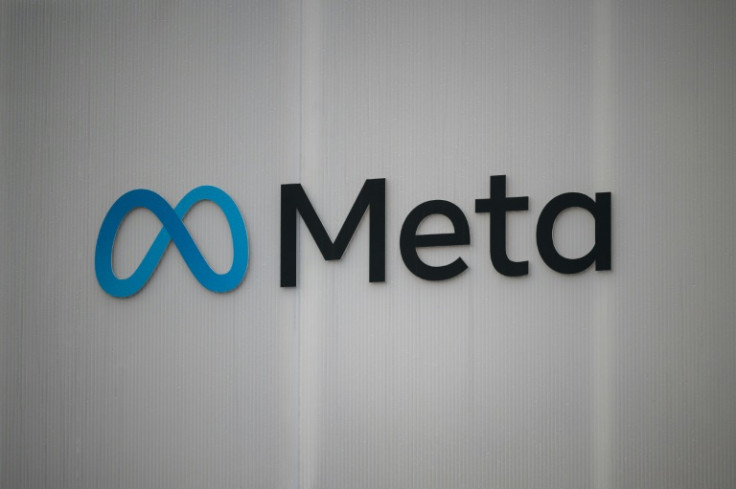
Key chapters in the history of Facebook, the world's biggest social media application, launched 20 years ago.
- University beginnings -
In 2003, 19-year-old computer whiz Mark Zuckerberg begins working out of his Harvard dormitory room on an online network aimed at connecting the prestigious US university's students.
On February 4, 2004, he launches thefacebook.com with three friends.
Membership is opened up to other colleges around North America. Zuckerberg leaves Harvard and moves to California's Silicon Valley.
The new company receives its first major outside investment of $500,000 from PayPal co-founder Peter Thiel, and officially becomes Facebook in 2005.
First privacy concerns
After Facebook rejects bids from US media conglomerate Viacom and Yahoo, Microsoft takes a $240 million stake in 2007. By now it has 50 million users.
That year, Zuckerberg apologises for a feature called Beacon that alerted the whole community when a user made purchases online.
In 2008, Facebook topples MySpace to become the world's most popular social networking website and launches its first mobile app the following year.
Protest platform
David Fincher's story of Facebook's origins, "The Social Network," hits cinemas in 2010, winning Oscars for best adapted screenplay, original score and film editing.
Time magazine names Zuckerberg as 2010 Person of the Year for "transforming the way we live our lives every day."
As membership rockets, Facebook plays a growing role in shaping public debate.
In 2011, it plays a key role in giving a voice to disillusioned Arab youth in the Arab Spring revolts.
Stock market entry
In 2012, Facebook buys photograph-sharing app Instagram for $1 billion.
The tech sector's biggest initial public offering (IPO) ever raises $16 billion and values Facebook at $104 billion.
A hoodie-clad Zuckerberg remotely rings the Nasdaq bell from Facebook's California headquarters.
In October 2012, Facebook's membership tops one billion.
Social media conglomerate
In 2014, Facebook courts younger smartphone users by buying messaging platform WhatsApp for $19 billion.
It moves into new Frank Gehry-designed headquarters in Silicon Valley.
Controversies
In 2016, Facebook is embroiled in controversy over Russia's alleged use of it and other social media platforms to try to influence the outcome of the US presidential election that brought Donald Trump to power.
In 2018, it emerges that British consulting firm Cambridge Analytica stealthily harvested the personal data of millions of Facebook users and used it for political purposes, including rallying support for Trump.
Zuckerberg, grilled in the US Congress, vows to do more to combat fake news, foreign interference in elections and hate speech, and to tighten data privacy.
From Facebook to Meta
In 2021, Facebook changes its company name to Meta -- Greek for "beyond" but also meaning the metaverse -- the virtual world which Zuckerberg sees as representing the future of the internet.
On February 3, 2022, its share price plunges, wiping more than $200 billion off its market value after it warns of slowing revenue growth.
Its shares rebound spectacularly in late 2023, and the company records a capitalisation in early 2024 of more than $1 trillion.
Young users increasingly desert it for TikTok or Snapchat but with roughly 1.96 billion active users it remains the world's most used social network.
Youth concerns
In October 2023 dozens of US states accuse Meta of damaging the mental health of children and teens.
Meta later responds with plans to tighten content restrictions for teens on Instagram and Facebook.
In 2023, Facebook is also hit with a record 1.2-billion-euros ($1.3-billion) fine in Ireland for illegally transferring personal data between Europe and the United States, in breach of EU rules.
Paid version
In July 2023 Meta launches its text-based app Threads, intended to be a rival to X, formerly known as Twitter, after that platform alienated many users and advertisers following Elon Musk's purchase.
In late October it started offering paid ad-free subscriptions in Europe for users unwilling to have their personal data harvested.







